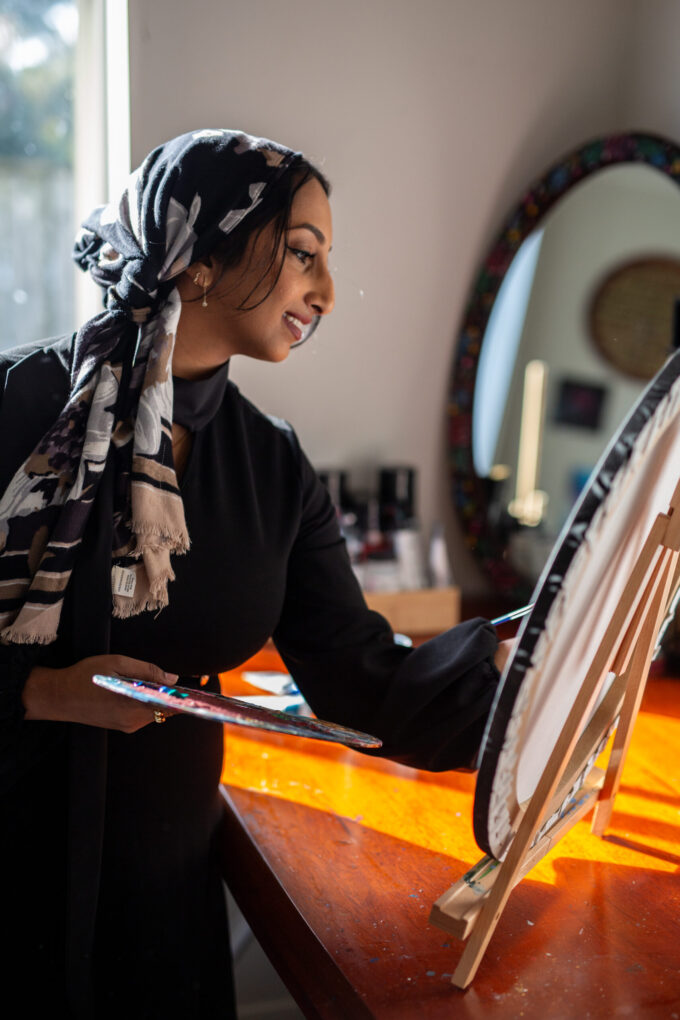Suggestions

Seek Social Support
Reach out to friends, family, and community groups for emotional support.
Join community groups or organisations (e.g., IWCNZ for Muslim women in New Zealand).
Participate in online forums or social media groups.
Attend community events and meet-ups.
Engage in regular catch-ups with supportive peers.
Volunteer for local charities or community projects.
Seek mentorship or coaching from experienced individuals.
Join religious or cultural groups that share your background.
Create or join a book club focusing on inspiring literature.
Participate in group therapy or support circles.
Engage in Self-Care Activities
Prioritise activities promoting physical and mental wellbeing.
Regular physical exercise (e.g., walking, yoga, swimming).
Mindfulness practices like prayer (dhikr) and meditation.
Dedicate time to hobbies like reading, painting, or gardening.
Maintain a consistent sleep schedule.
Ensure a balanced diet and proper nutrition.
Engage in journaling to process thoughts and feelings.
Take regular breaks to rest and recharge.
Spend time in nature, such as hiking or visiting parks.
Treat yourself to relaxation activities or an occasional spa day.
Listen to uplifting podcasts.
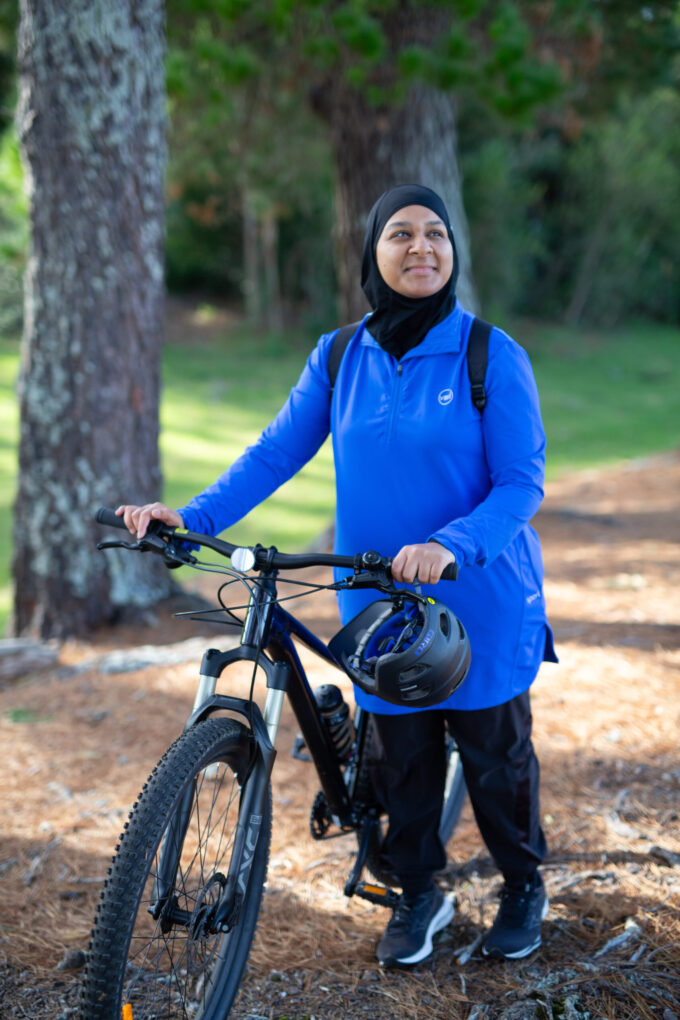
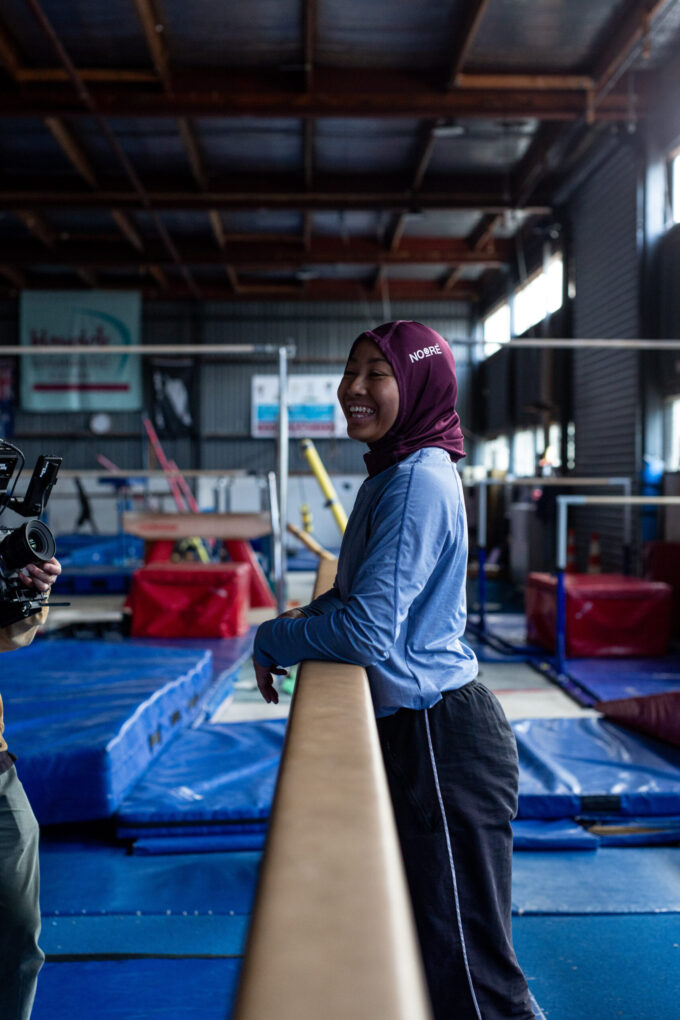
Access Mental Health Services
Seek professional counselling or therapy if needed.
Schedule regular appointments with a licensed therapist.
Utilise helplines and crisis services as necessary.
Attend group therapy sessions focused on trauma or discrimination.
Explore online therapy options if in-person visits are challenging.
Use mobile apps designed for mental health support.
Attend workshops on mental health and wellbeing.
Find culturally competent therapists.
Participate in discussion groups at your place of worship.
Advocate for Policy Changes
Get involved in advocacy work for systemic change.
Write to local members of parliament.
Join or support advocacy organisations.
Participate in peaceful protests and rallies.
Volunteer for campaigns promoting policy changes.
Use social media to raise awareness and advocate for change.
Attend public meetings to voice concerns.
Create or sign petitions for policy amendments.
Educate yourself on current policies and rights.
Organise community events to discuss and promote policy changes.

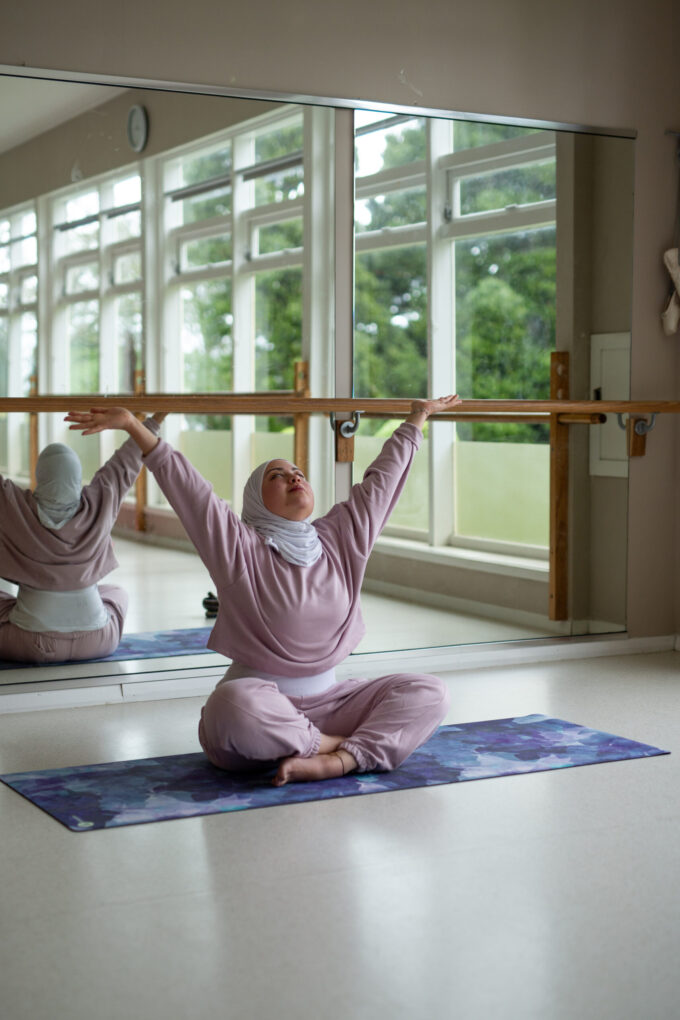
Develop Resilience Skills
Learn and practise resilience-building techniques.
Engage in resilience training programmes.
Practise problem-solving and decision-making skills.
Set personal goals and work towards them.
Reflect on past experiences and overcoming challenges.
Develop positive self-talk habits.
Learn stress management techniques.
Educate Yourself and Others
Learn about discrimination roots and impacts.
Engage in social justice through reading, workshops, and discussions.
Participate in online anti-racism courses and cultural competency training.
Volunteer to speak at schools or community centres about your experiences.

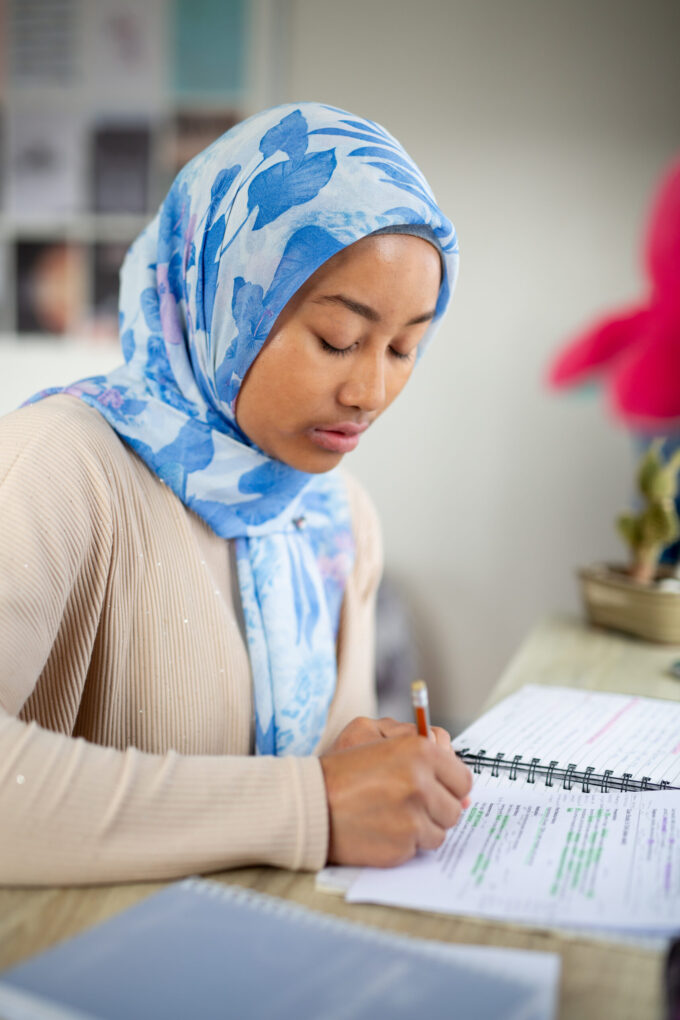
Limit Exposure to Negative Media
Curate a positive media diet.
Use filters to block negativity and limit news to reputable sources.
Take breaks from social media for mental clarity.
Engage in media literacy to critically assess content.
Support Inclusive Environments
Create inclusive spaces at work, school, and in the community.
Promote diversity training and support minority-owned businesses.
Advocate for inclusive policies and celebrate cultural diversity.
Engage in mentorship to empower underrepresented groups.
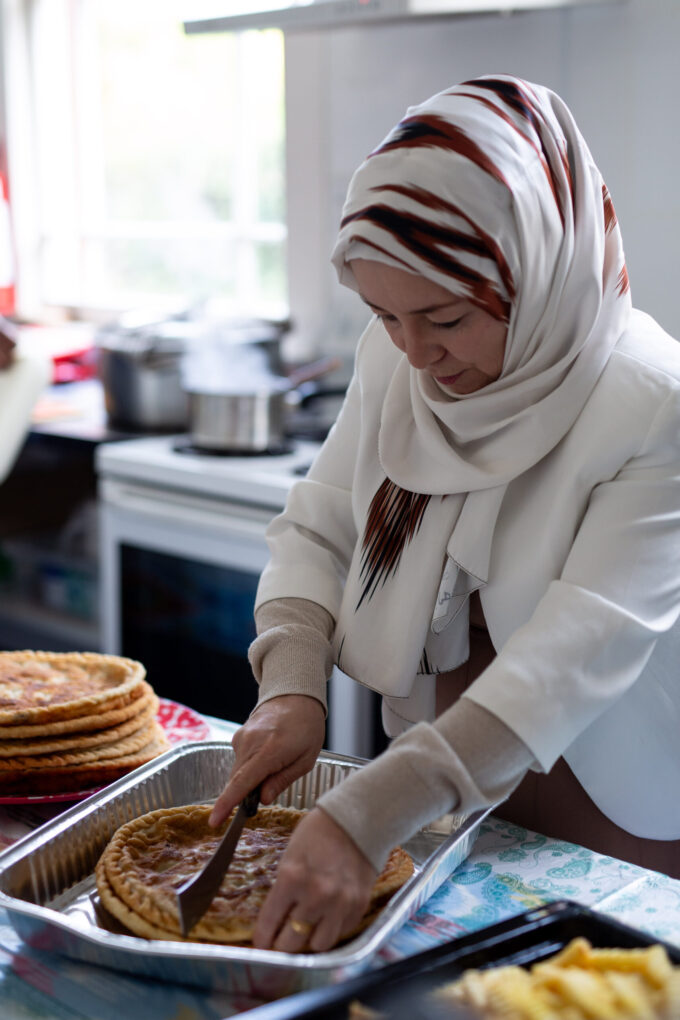
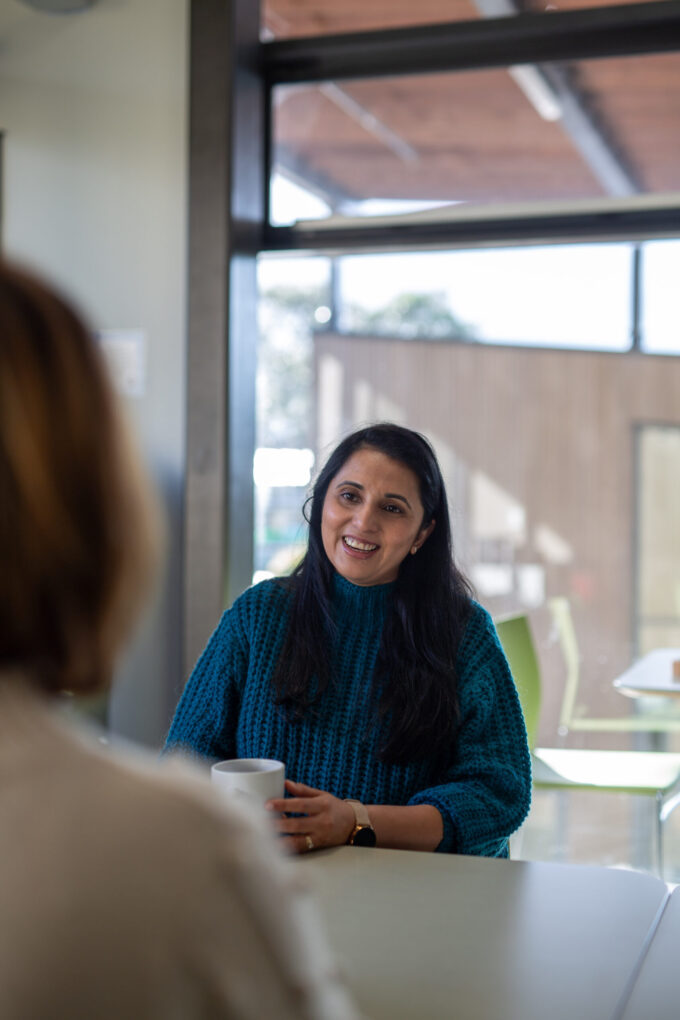
Practice Your Faith
Participate in religious activities for comfort and community support.
Attend prayers, study religious texts, and seek guidance from scholars.
Volunteer for community service through religious organisations.
Practice gratitude and forgiveness as taught in your faith.


